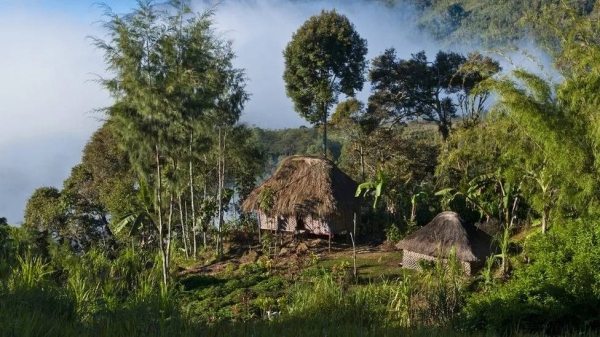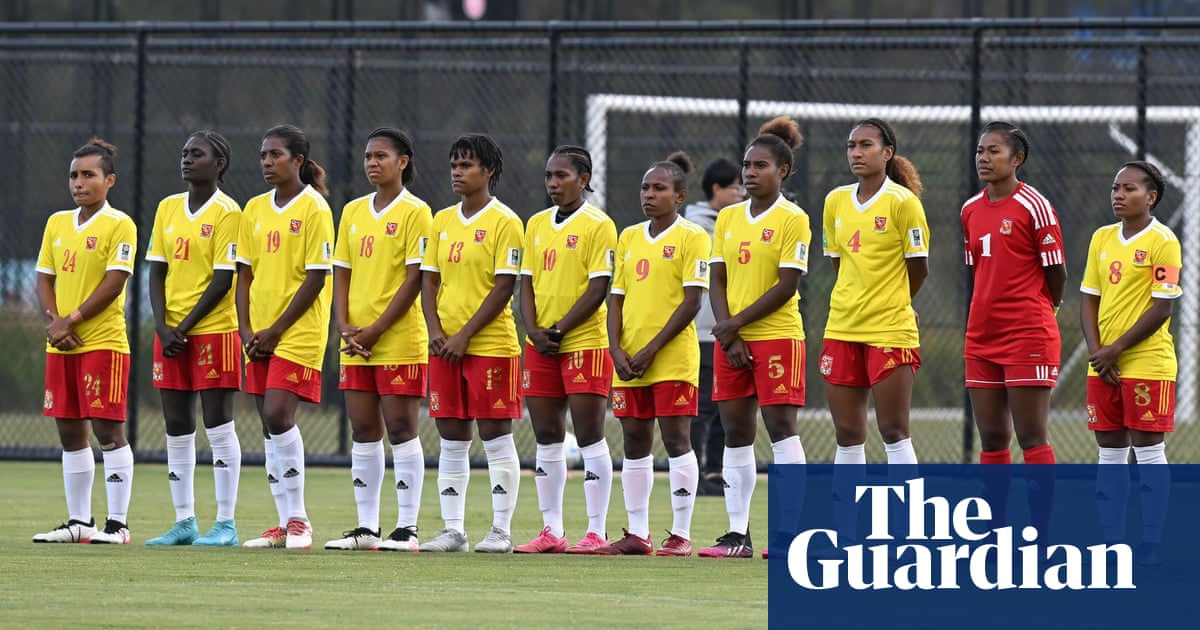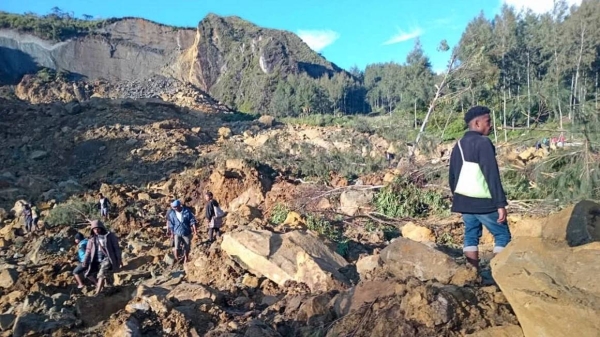
At least 64 people have died in an ambush in Papua New Guinea"s remote Highlands region.
The victims were shot dead during a tribal dispute in the Enga province over the weekend, a national police spokesman told the BBC.
The Highlands area has long struggled with violence, but these killings are believed to be the worst in years.
An influx of illegal firearms has made clashes more deadly and fuelled a cycle of violence.
Police started collecting bodies at the scene near the town of Wabag - roughly 600km (373 miles) northwest of the capital Port Moresby.
"This is by far the largest [killing] I"ve seen in Enga, maybe in all of Highlands as well," Royal Papua New Guinea Constabulary Acting Supt George Kakas told the Australian Broadcasting Corporation (ABC).
"We"re all devastated, we"re all mentally stressed out. It"s really hard to comprehend."
Police received graphic videos and photos purporting to be from the scene, showing bodies loaded onto a truck, say media outlets.
Escalating tribal conflict - often over the distribution of land and wealth - led to a three-month lockdown in Enga last July, during which police imposed a curfew and travel restrictions.
In August last year, the violence made international headlines after graphic footage involving three dead men circulated online.
Governor Peter Ipatas told ABC that there had been signs that fighting was about to erupt again ahead of the ambush.
With up to 17 tribes involved in the most recent escalation, it was ultimately up to the security forces to keep the peace, he said.
"From a provincial perspective, we knew this fight was going to be on and we [alerted] the security forces last week to make sure they took appropriate action to ensure this didn"t occur."
Security more broadly remains a key concern for PNG. The government last month declared a state of emergency after major rioting and looting left at least 15 people dead.
Australia - one of the country"s closest allies - said news of the killings was "very disturbing".
"We"re providing considerable support, particularly for training police officers and for security in Papua New Guinea," Prime Minister Anthony Albanese said in a radio interview on Monday. — BBC












